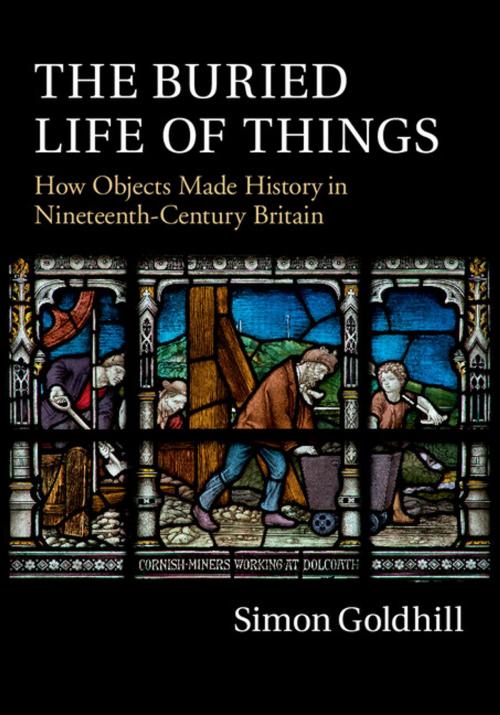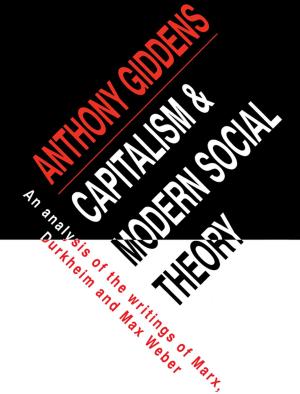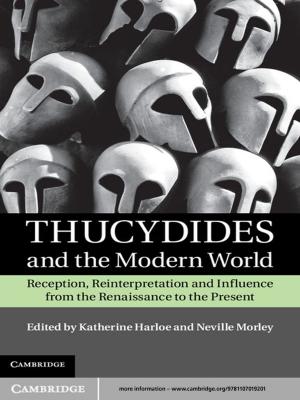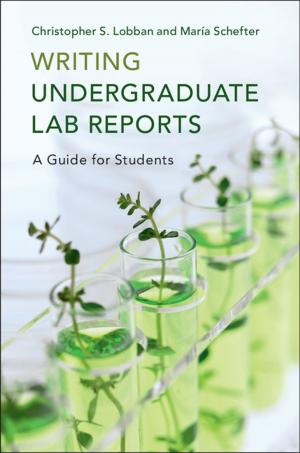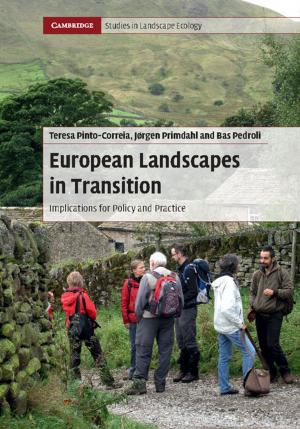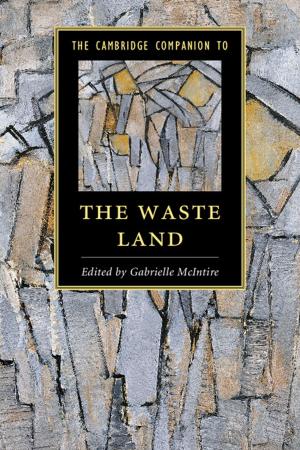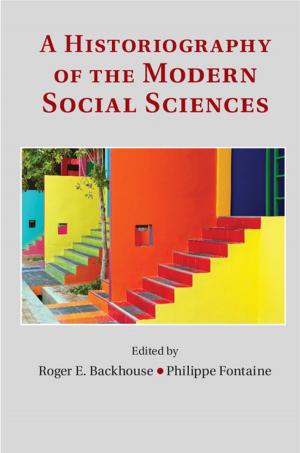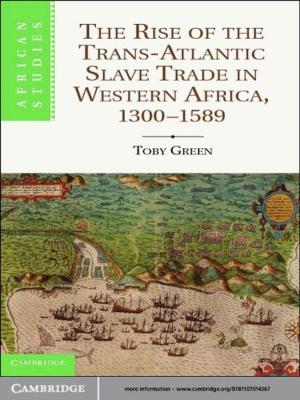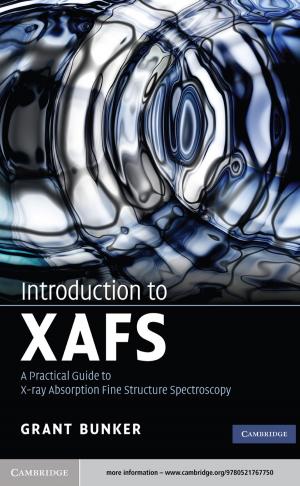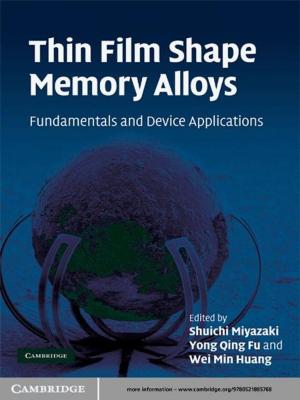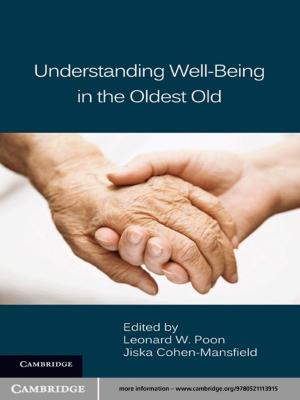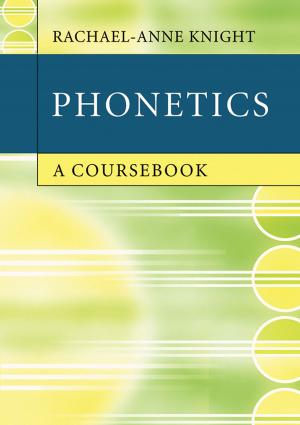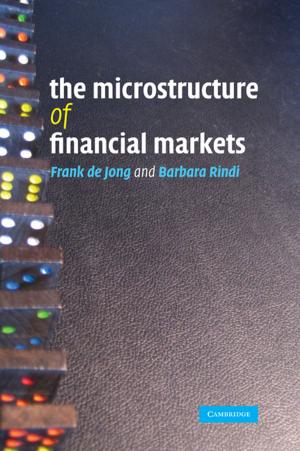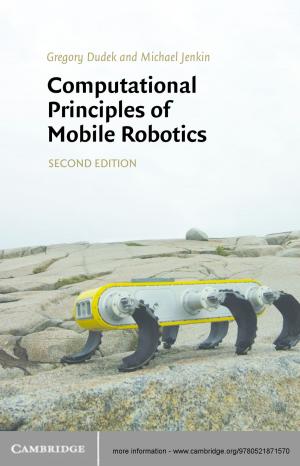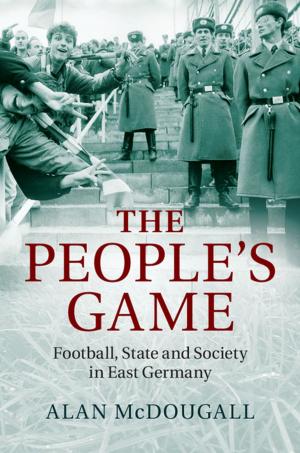The Buried Life of Things
How Objects Made History in Nineteenth-Century Britain
Fiction & Literature, Literary Theory & Criticism, British, Nonfiction, History| Author: | Simon Goldhill | ISBN: | 9781316190012 |
| Publisher: | Cambridge University Press | Publication: | December 18, 2014 |
| Imprint: | Cambridge University Press | Language: | English |
| Author: | Simon Goldhill |
| ISBN: | 9781316190012 |
| Publisher: | Cambridge University Press |
| Publication: | December 18, 2014 |
| Imprint: | Cambridge University Press |
| Language: | English |
Simon Goldhill offers a fresh and exciting perspective on how the Victorians used material culture to express their sense of the past in an age of progress, especially the biblical past and the past of classical antiquity. From Pompeian skulls on a writer's desk, to religious paraphernalia in churches, new photographic images of the Holy Land and the remaking of the cityscape of Jerusalem and Britain, Goldhill explores the remarkable way in which the nineteenth century's sense of history was reinvented through things. The Buried Life of Things shows how new technologies changed how history was discovered and analysed, and how material objects could flare into significance in bitter controversies, and then fade into obscurity and disregard again. This book offers a new route into understanding the Victorians' complex and often bizarre attempts to use their past to express their own modernity.
Simon Goldhill offers a fresh and exciting perspective on how the Victorians used material culture to express their sense of the past in an age of progress, especially the biblical past and the past of classical antiquity. From Pompeian skulls on a writer's desk, to religious paraphernalia in churches, new photographic images of the Holy Land and the remaking of the cityscape of Jerusalem and Britain, Goldhill explores the remarkable way in which the nineteenth century's sense of history was reinvented through things. The Buried Life of Things shows how new technologies changed how history was discovered and analysed, and how material objects could flare into significance in bitter controversies, and then fade into obscurity and disregard again. This book offers a new route into understanding the Victorians' complex and often bizarre attempts to use their past to express their own modernity.
